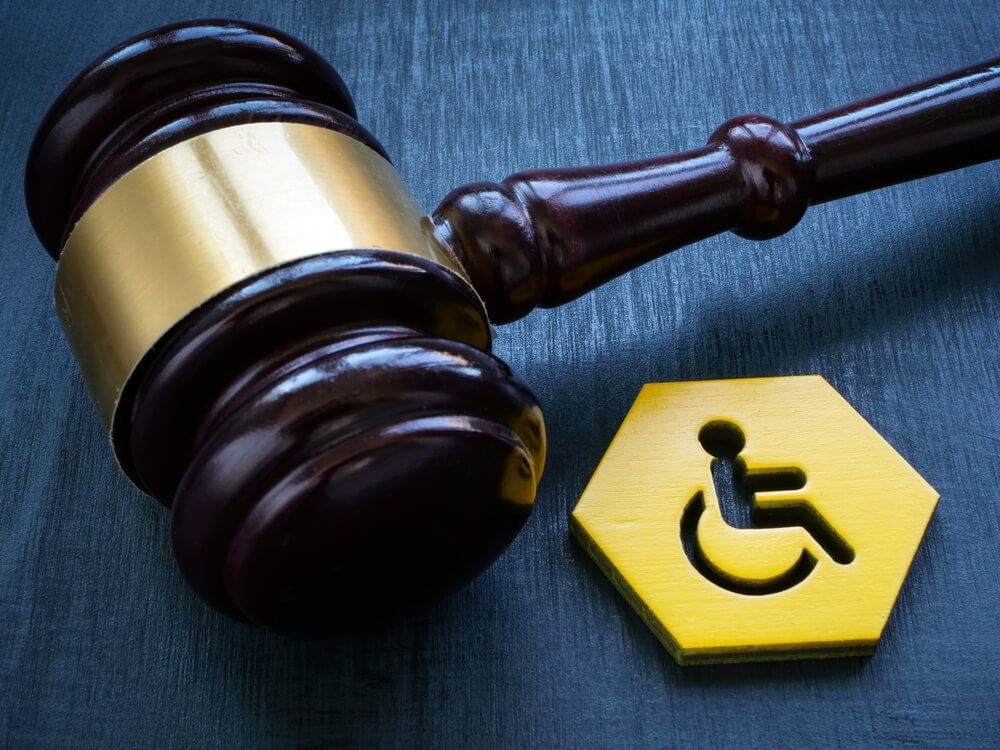An international body of independent human rights experts has called for sweeping reforms to Canada’s Medical Assistance in Dying (MAiD) regime. This could mean the end of a Criminal Code provision currently exempting medical practitioners from prosecution for ending the lives of non-dying persons — that is, if our elected officials accept the findings of the report and reform our deeply flawed MAiD legislation.
Canadians deserve to know that our political party leaders will take this report seriously as we head to the polls.
A vital and far-reaching report was issued last week by the United Nations expert committee reviewing Canada’s compliance with the Convention on the Rights of Persons with Disabilities (CRPD). The CRPD is an international human rights treaty now formally ratified by 190 nations of the world, including Canada, who agree to uphold its provisions in domestic law and practice.
Although UN treaties are not legally binding, they underpin all of our constitutional and domestic human rights laws. They are also, it must be said, a core expression of a nation’s commitment, in the case of the CRPD, to adhere to principles of equality, non-discrimination, accessibility, and the inclusion of people with disabilities as a matter of right, in every sphere of Canadian life.
Canadians should be proud that we played an exemplary role in the multilateral negotiations that culminated in adoption of the CRPD in 2006. And as in many realms of international human rights diplomacy, Canada and Canadians are respected for our integrity and leadership. In this context, the recent CRPD Committee report represents a watershed moment.
Following a years-long process of bilateral review and multiple hours of in-person hearings with Canadian government delegations, the CRPD Committee thoroughly considered the actions Canada has taken to bring itself into compliance with the Convention, and while the Committee offered kudos on some grounds, there were many critically important areas flagged for critique.
Most significantly, the CRPD Committee’s Concluding Observations were unequivocal in calling for Canada to repeal Track 2 MAiD and halt further expansion of Canada’s MAiD regime, including the scheduled 2027 inclusion of mental illness as a basis for MAiD.
The Committee specifically challenged Canada’s failure to appeal the 2019 Truchon decision, the Quebec case that unilaterally expanded MAiD as a ‘healthcare option’ for non-dying persons with disabilities. Its members expressed “extreme concern” that the expanded eligibility criteria introduced in 2021 to remove the end-of-life requirement for MAiD was premised on the false notion that when people with disabilities are suffering, death is a valid remedy.
Citing evidence from the Ontario Coroner’s Office and other national data that point to discriminatory trends in Track 2 deaths, the Committee called for bold federal, provincial and territorial action to reverse “systemic failures” that threaten the lives and well-being of people with disabilities and give rise to much of the suffering for which MAiD is the available ‘remedy.’
Disability rights organizations across the country have been clear and consistent in their unanimous opposition to Track 2 MAiD. The CRPD Committee has now validated that opposition, concluding that the expansion of MAiD to non-dying persons violates Canada’s commitments under Article 10 of the CRPD and jeopardizes the lives and dignity of disabled people in Canada.
Unfortunately, this important report appears in the midst of a high-stakes federal election and consequently is unlikely to get the attention and serious reflection that it deserves. But there is also an opportunity here, provided that our political leaders refrain from adopting a hasty response to this comprehensive report during a heated campaign.
Our political party leaders and our elected representatives must reaffirm their commitment to honour Canada’s international obligations and undertake to give this issue the careful deliberation it warrants in the weeks following the election.
There will most definitely be an opportunity for our government to take the CRPD Committee’s report to heart and change course with respect to Canada’s MAiD regime. That opportunity comes in the form of a constitutional challenge launched in September 2024 by a coalition of national disability rights organizations. This landmark case is currently working its way through the courts.
Disability rights defenders in Canada will be watching.
An issue of such profound consequence to the dignity and equality of Canadians with disabilities must not be reduced to partisan politics. Let’s accord Canadians with disabilities the respect of a fully deliberative and Charter-affirming response to the CRPD Committee’s urgent recommendations. And let’s encourage all of our elected officials to honour Canada’s proud tradition of human rights leadership.
Photo courtesy of DepositPhotos




